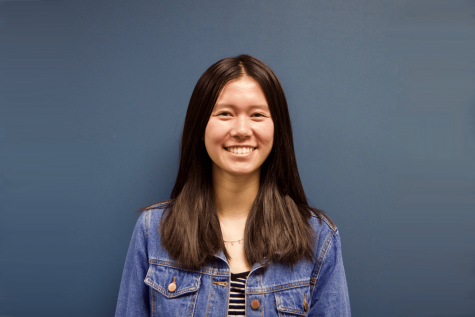Students discuss whitewashing in Hollywood
November 1, 2017
Asian Americans in Hollywood. You may think that this would be a normal occurrence now because of the advocacy for diversity, but in recent events, the lack of Asian Americans in media has become more prominent.
In Aug., actor Ed Skrein dismissed an acting role in the upcoming movie Hellboy. The character he would have played was Japanese American. He said that the reason for dismissing the role was that “representation of ethnic diversity is important…. It is our responsibility to make moral decisions in difficult times and give voice to inclusivity”.
Actress Chloe Bennett applauded Skrein on Instagram after hearing about how he handled this situation. After seeing this post, a fan expressed his/her curiosity toward Chloe’s last name change from “Wang” to “Bennett”. She said the reasoning behind this was that, “Hollywood is racist and wouldn’t cast me with a last name that made them uncomfortable”.
Bennett also told the Daily Beast, “The first audition I went to after changing my name, I got booked. So that’s a pretty clear little snippet on how Hollywood works.”
Whitewashing has always been a significant issue in the film industry and has not stopped despite the advocacy for more Asian Americans in Hollywood. In the 1961 movie, Breakfast at Tiffany’s, white actor Mickey Rooney infamously took on the role of I.Y. Yunioshi, a Japanese character. Later on, the studio which produced the movie acknowledged this matter. In 2014, whitewashing is still an issue seen through Scarlett Johansson, a white actress, would be playing a Japanese women in the movie Ghost in the Shell.
Many people strive toward diversity in the media that gives every ethnicity the exposure they deserve, bringing us one step closer to a more unified community.



























































